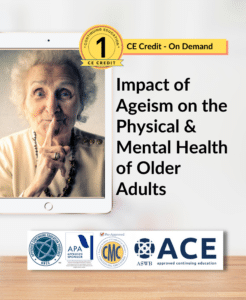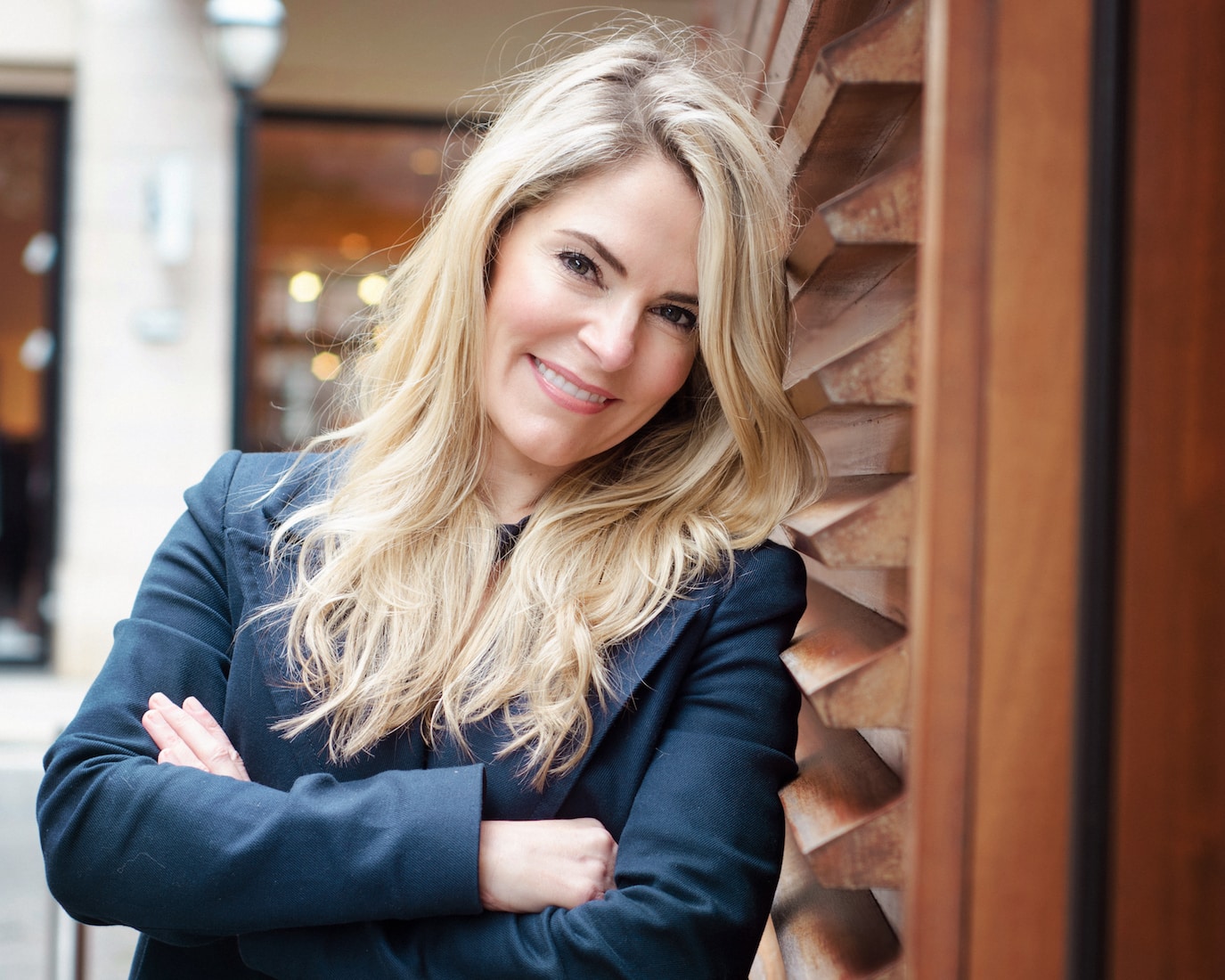At a recent family gathering, I witnessed two older adults who hadn’t seen each other in a decade comment, “you look great for your age” and the other in response: “you don’t look so bad”. It’s as if all rules of social engagement are chucked out the window when it comes to growing older.
While on the surface this might not seem like a big deal, there’s in fact significant harm that follows negative age stereotypes.
In Dr. Becca Levy’s groundbreaking work at Yale studying the impact of ageism on health, she has proven time and time again that stereotypes we have about growing older can have a far-reaching effect on health.
In one study, Levy and colleagues looked at internalized negative and positive stereotypes about aging and their link to cardiovascular events and the results are mind blowing!
They found that younger individuals who held more negative age stereotypes were significantly more likely to experience a cardiovascular event over the next 38 years.
They also found that if an individual’s age stereotypes increased in positivity, they could reduce the risk of experiencing a cardiovascular event.
As we embark on a new year, it’s time we take a good look at these common, yet harmful phrases and retire them. Doing so will not only benefit those around you, it will also benefit your own future self.
1. “You Look Great for Your Age”
On the surface this statement appears to be a compliment, but indeed is a backhanded acknowledgment of aging. It implies that looking older is inherently negative and that the person’s worth is tied to their ability to appear youthful. This statement perpetuates ageism by suggesting that youth is the standard for beauty and value.
Alternative Approach: Instead of qualifying compliments with age, offer unambiguous praise. Simply saying, “You look great,” is a straightforward compliment that doesn’t hinge on age-related expectations.
2. “She’s Too Old to Do That”
There’s no expiration date on living life and exploring new ideas and ventures. This phrase not only underestimates older adults but also reinforces stereotypes about what aging “should” look like. It’s based on the outdated notion that reaching a certain age means an automatic ejection from activities that might bring them a sense of purpose or a little bit of fun.
Alternative Perspective: Encourage and celebrate the diverse interests and capabilities of older adults. Acknowledge their right to pursue passions, hobbies, and activities, regardless of age. Recognize the value of their experiences and the richness they bring to any activity.
3. “Senior Moment”
Using “senior moment” to describe forgetfulness or a lapse in memory is not only dismissive but also reinforces negative stereotypes about cognitive abilities in older age. While some cognitive changes can occur with aging, this phrase unfairly attributes any momentary lapse to age, overlooking the fact that people of all ages can be forgetful.
While memory disorders are more common in older adulthood, they are not normal. The term “senior moment” perpetuates the idea that forgetfulness that interrupts day to day life is normal, when it is not. The problem is: If we believe that major memory loss is normal, we’re not going to be encouraging people experiencing significant cognitive decline to see their medical provider to uncover the cause of the memory problems and get help and resources.
Mindful Language: Be cautious not to attribute minor forgetfulness or errors to older age. Instead, recognize that everyone can have moments of distraction or memory lapses, irrespective of their age.
4. “Act Your Age”
This phrase is often used to regulate behavior deemed inappropriate for one’s age or stage of life, reinforcing rigid, outdated norms about how older individuals should behave. It suggests that aging should involve diminishing vitality and conforming to a subdued lifestyle, which is far from the truth for many.
In my educational programs on sexual health and aging, many health providers are asked to confront their biases (“aren’t they too old for that?”) about aging and sexuality and learn the truth about aging and sexual health.
Embracing Individuality: Encourage people to embrace their authentic selves at every age. Celebrate the diversity in how individuals choose to express themselves and live their lives, regardless of societal expectations tied to age.
5. “Old Dogs Can’t Learn New Tricks”
This tired idea, “old dogs can’t learn new tricks,” perpetuates the myth that older individuals are inherently resistant to learning or embracing new experiences. However, research in psychology and gerontology shows that resistance to change is less about aging and more about an individual’s openness to new experiences and the will to make it happen. In fact, older adults are in a constant state of change and learning as a result of new medical concerns, changes in living environments, loss of friends and loved ones, etc.
Positive Reframing: Instead of saying, “old dogs can’t learn new tricks,” we should emphasize the ongoing potential for growth and learning at any age. Encourage and celebrate the successes of older individuals who are learning new technologies, starting new careers, or picking up new hobbies. Highlight stories and examples that defy stereotypes and showcase the wide-ranging capabilities of older adults.
As you can see, the language we use to talk about aging matters. It’s time to move away from phrases that reinforce negative stereotypes and ageism. By changing our language, we can shift societal attitudes and help create a culture that values and respects aging as a natural, enriching stage of life.
Let’s each commit to being ambassadors of this change, actively challenging ageist language and perspectives in our daily conversations, and advocating for an inclusive narrative that celebrates aging in all its diversity and potential.
Want to learn more about ageism and its impact on physical and mental health? Check out this 60-min course. Your future self will thank you.





